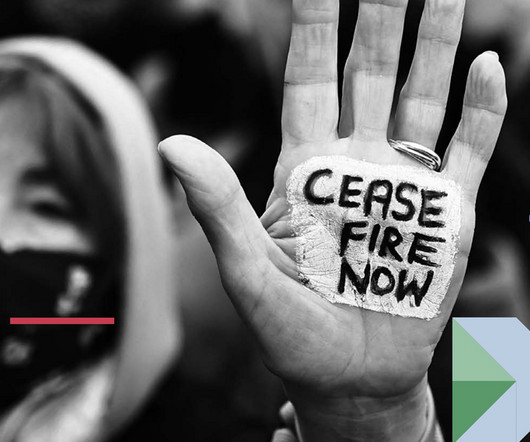4 Steps For Funders To Shape Data For Applications, Benefits
The NonProfit Times
JUNE 3, 2024
That was the topline conclusion of The Council for a Fair Data Future, a consortium of academics, civil society stakeholders, policymakers and technologists brought together under the umbrella of the Aspen Institute, a Washington, D.C.-based based organization thinktank. The issues examined by the council went beyond opportunities.
















Let's personalize your content